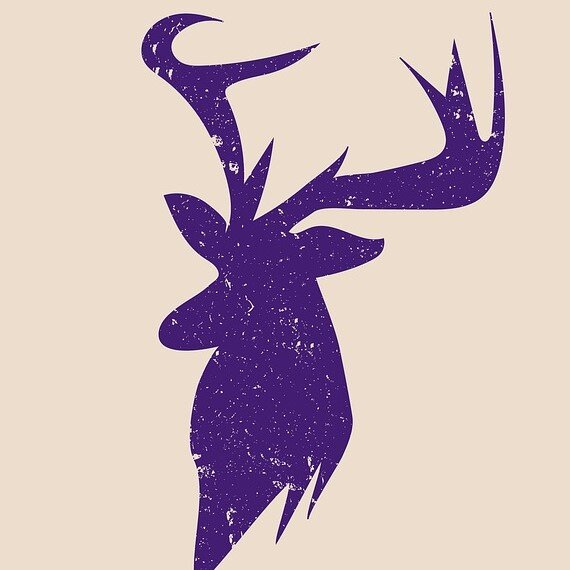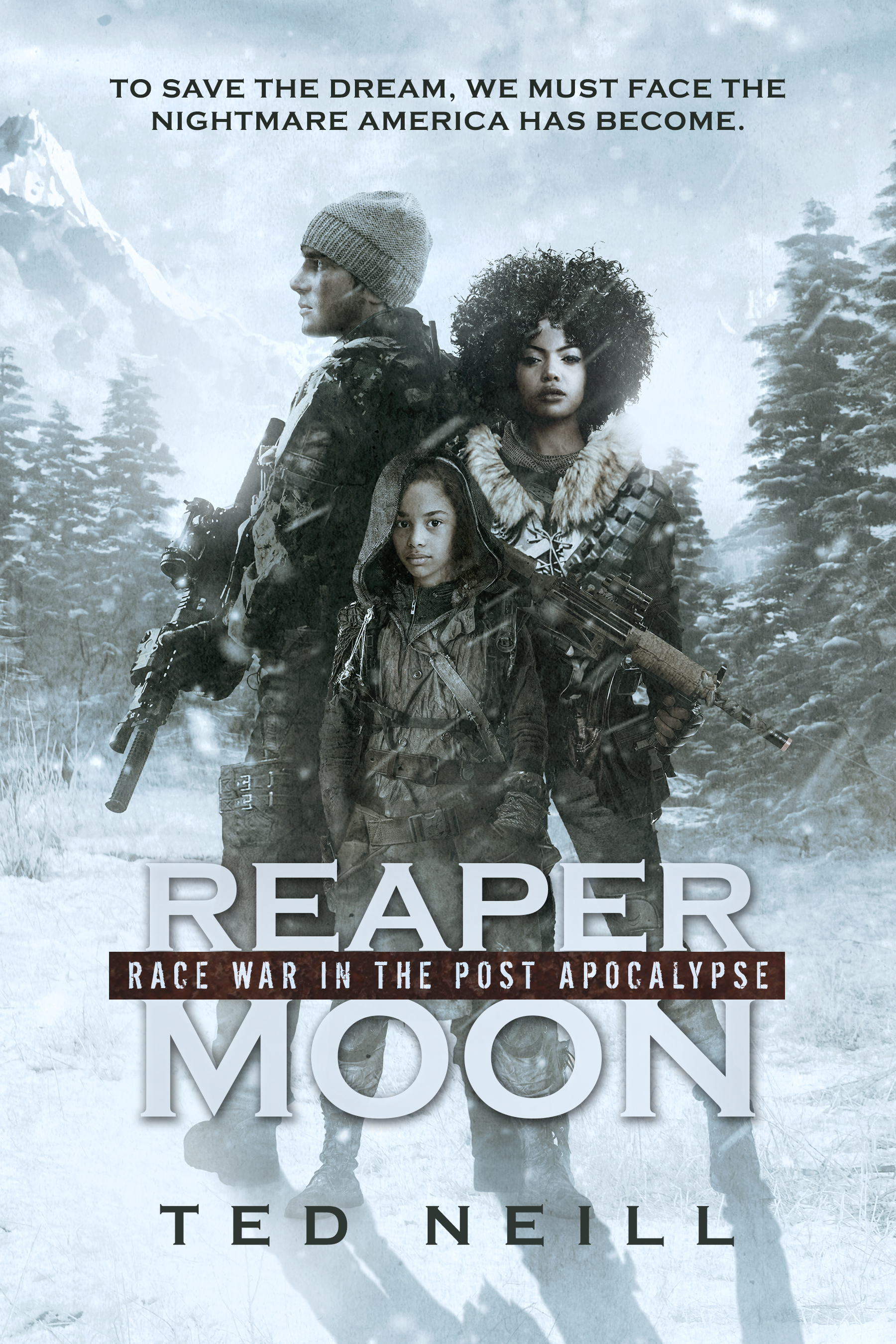When pandemic meets politics, the US fractures. Unite to survive.
WINNER - BEST SOCIAL POLITICAL, BEST SCI-FI, BEST NEW ADULT; FINALIST - ACTION ADVENTURE - BEVERLY HILLS LITERARY AWARDS
FINALIST - READERS VIEW LITERARY AWARDS
The human epidermis deterioration virus (HEDV) has obliterated the population. Billions have died worldwide. The lucky few who survived are now faced with rising racial tensions and white supremacist armies determined to eradicate all people of color and anyone who tries to stand in their way, including Scot Jameson's mostly white community.
Left for dead, Scot is rescued by a young black girl, Coby, and together they join an integrated community called The Orchard. There they meet Kimberly Tomlinson a charismatic and brilliant young leader who becomes a surrogate mother to Coby and confidant to Scot.
The Orchard is soon destroyed by an attack from a rival white supremacist army, Right Nation. While Coby escapes, Scot and Kimberly are both taken prisoner. Separated, Scot and Kimberly must fight to survive, escape, and reunite with Coby. Kimberly's efforts put her on a collision course with a ring of cruel human traffickers specializing in the exploitation of women of color. Scot, on his own journey with various allies and adversaries, must confront his own biases, ignorance, privilege, and prejudices.
As they gather other surviving communities together in an uneasy alliance, the survivors of the The Orchard try to find a way to combat hate, defeat Right Nation, and put an end to the fever of white nationalism.
"The writing is some of the best I've seen in a long time, and the story line is unlike anything I've ever read before . . . . it's not so hard to imagine something like this actually happening. Highly Recommended." - Sheri Hoyte for Reader Views. Full review: http://readerviews.com/reviewneillreapermoon
NOTE FROM THE AUTHOR - CONTENT WARNING & NOTE ON RACIST LANGUAGE: One of the most frequent comments from readers and reviewers has been around a "content warning," for Reaper Moon. It's a fair request. The book is far more violent and dark than anything I ever have written, but part of the decision to include racist language, racially motivated violence, was to depict in an unfiltered way the trauma of racism and white supremacy. Even if Reaper Moon is built on a Sci-Fi premise, some of the content might be closer to a horror story. That said, the violence of white supremacy, from slavery, to lynchings, to police shootings of people of color is nothing short of a horror story and I felt that in at least one of my books wherein I focus on these issues, I would not pull back from the terror, pain, and trauma of racism. After all, people of color, throughout history, have not been able to opt-out of oppression and the violence—physical, emotional, and psychological—that it entails. That said, I know the relationship between reader and book is an intimate one. I don't hold it against anyone if they choose not to step into the world of Reaper Moon—only that they acknowledge that is their privilege not to. I understand though. At times there is enough horror in real life (and victims certainly don't need to relive it). I try to balance that reality with the need to bear witness to the suffering inflicted on others who otherwise are hidden by the structures of marginalization.
Potential readers have also challenged me on whether or not this book just turns the "hate" around and is "racist" in itself or even unfair to white people. I'd say this much: one of the challenges of writing this book was to reflect the humanity of all the characters even those whom I disagreed with down to the core of my soul. The first few drafts of Reaper Moon read very much like a fight between "bad guys" and "good guys." Many characters came off like cartoons, flat, one dimensional. The bad guys were all bad and good guys all good. No nuance, no complexity. It wasn't good writing, it didn't make for good reading, and it sounded polemical. It didn't challenge anyone's assumptions or thinking. So before I did further revisions I spent a month researching white supremacists, watching their films, visiting their websites, reading their literature. I wasn't swayed in the least by the content but what I did sense was that there was terrible trauma (often childhood) and real self loathing behind the racism, fear, and hate I heard from these white men (and some women). I learned from watching that racist people hold on to their hatred of others because without it, they'd have to sit with their own hate for themselves. It's sad. After that, I went back to try to incorporate those realities into my depictions of the white supremacists in the book. I ended up adding 15 chapters and a number of characters! I don't know if it is possible to make a white supremacist sympathetic, but I felt obliged to represent their humanity, since in the end, that is the only thing that will get us out of this mess—recognizing we're all human and that there is inherent dignity, worth, and value in that identity. It is when we're failing to see that, that prejudice begins and hate takes root. Getting into white supremacists’ heads also revealed to me the truism that the lower an individual's self esteem, the higher likelihood they will claim their race, their nation, their religion is superior to all others. It reminded me that although the structures of racism are social and it is perpetuated by policy, it roots lie in the individual psyche and the work to dismantle it takes place at the inter- and intra-personal levels, in addition to social and policy arenas. We certainly don't lack for entry points to jump in and contribute to change.









